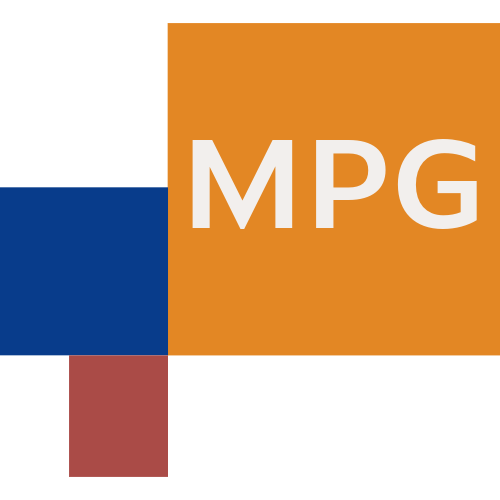menu
menu
Menu
cancel
- arrow_back_iosBacknavigate_nextpersonPersonal
- groupCommunities
- articleBlogs
- eventEvents
- sourceTemplates
- question_answerQuestions
- schoolLearning
- business_centerBusiness
- live_helpFAQ
**What are the key components that should be included in a comprehensive anti-corruption policy to ensure transparency and accountability within an organization or government?
2. **How do anti-corruption policies differ between the public and private sectors, and what challenges are unique to each when implementing these policies effectively?
3. **What measures can be taken to assess the effectiveness of anti-corruption policies, and how can organizations or governments adapt their strategies based on the outcomes of these assessments?
What are the key components and technologies involved in setting up a real-time monitoring system?
How does real-time monitoring improve decision-making processes and overall efficiency within an organization?
What are the common challenges and limitations associated with implementing real-time monitoring, and how can these be addressed?
How can organizations effectively measure the social impact of their projects or initiatives to ensure they are making a positive difference in the communities they serve?
What role do collaborations and partnerships play in enhancing the social impact of nonprofit organizations, and how can these entities maximize the benefits of such relationships?
How does social impact investing differ from traditional investing, and what are some examples of successful social impact investments that have led to meaningful social or environmental change?
What are the most effective strategies countries can implement to reduce greenhouse gas emissions and meet the targets set by international climate agreements like the Paris Accord?
